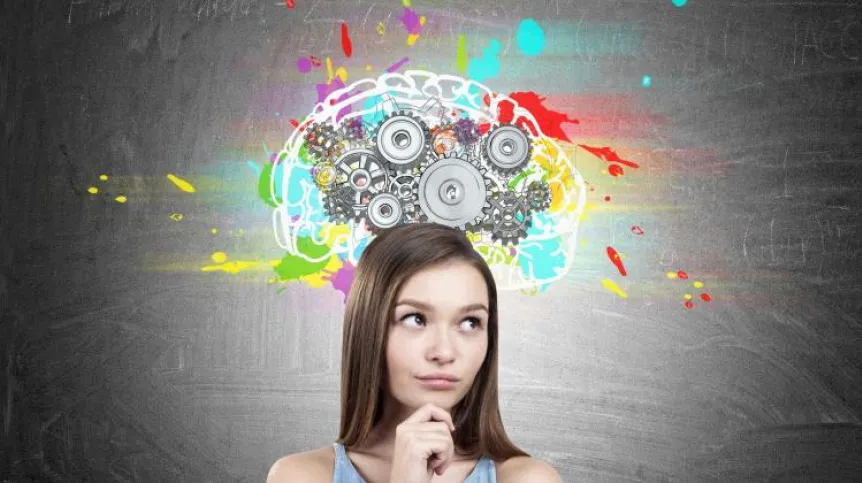
One hundred people in Poland talked to scientists about their sources of reliable information about genetically modified food, climate change, vaccines and alternative medicine. Conclusions from the research will be collected by CONCISE project coordinators in five European countries.
Public consultations financed with funds from the Horizon 2020 framework programme took place on 21 September simultaneously at the University of Lodz and in Lisbon (Portugal), Valencia (Spain), Vincenza (Italy) and Trnava (Slovakia). Researchers collected feedback from 500 people on issues that mix up scientific data and myths. Polish participants of the consultations met at the Faculty of Economics and Sociology of the University of Lodz. The event was organized by Dr. Izabela Warwas, the Concise project coordinator.
Is genetically modified food safe? Is the climate really warming up and how does human activity affect this process? Should we vaccinate ourselves and our children, and if not - why? Can alternative medicine help in disease conditions, especially when traditional treatment doesn`t work or is unavailable? Answers to these questions require scientific knowledge. Europeans obtain information through many channels: from traditional and electronic media and from opinion leaders: scientists, politicians, representatives of social and business organizations.
Izabela Warwas, a professor at the Department of Labour and Social Policy of the University of Lodz, emphasises that perception of phenomena may vary depending on where the knowledge is obtained and which communication channels are used. These include social networks and media, life experience, relatives, religion, political ideology and educational system. The CONCISE project aims to analyse in detail the functioning of these communication channels and examine how access to information shapes beliefs, opinions and perception.
Trained moderators supervised this discussion. All participants of the consultation, diverse in terms of age, gender and education, could present even the most controversial of their opinions. They could also share their doubts, point to the lack of reliable sources and determine what knowledge they needed to increase their competences. The discussions took place in four forty-five-minute sessions and were recorded, with a guarantee of confidentiality for the participants. Audio recordings will be transcribed and analysed using linguistic software. Scientists will compare them with other research results.
The project "Communication role on perception and beliefs of EU Citizens about Science (CONCISE)" will conclude in 2021.
PAP - Science in Poland, Karolina Duszczyk
kol/ ekr/ kap/
tr. RL













